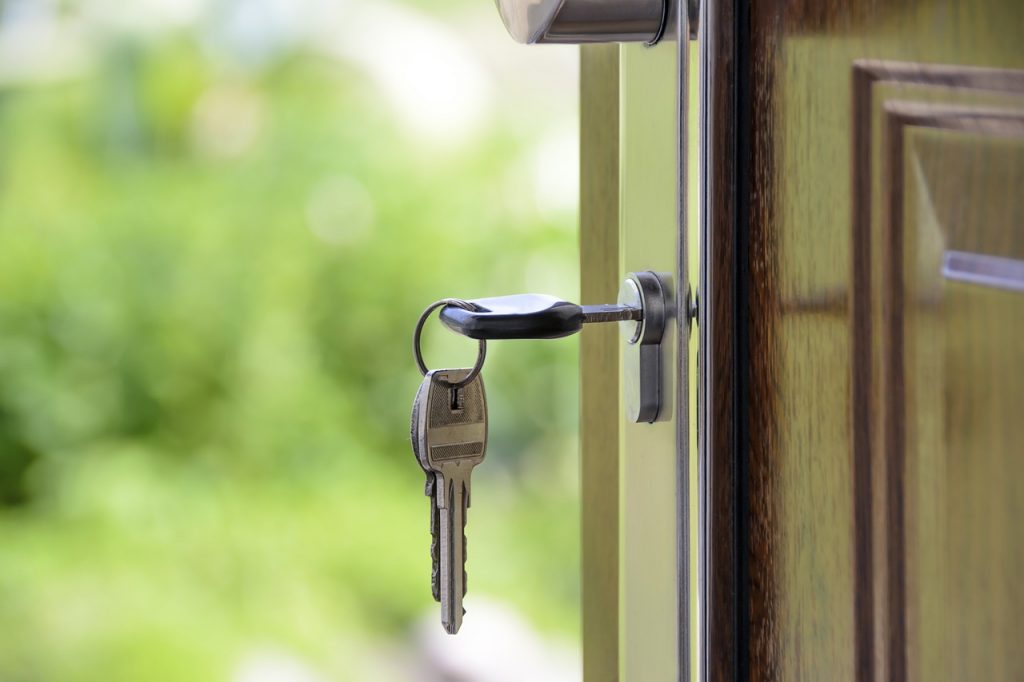Rent Prices Are Causing A Mass Exodus Nationwide
As rent prices skyrocket making ends meet is getting harder and harder, and its not letting up anytime soom.
This article is more than 2 years old

Rent prices for a two-bedroom apartment in Henderson, Nevada, just recently went up by 23%. They’re expected to increase throughout all parts of the nation during this upcoming year, too. The increase in rental costs has added to the financial struggle of a lot of Americans. For one single mother, the new rental price raised her rent to roughly $1,600 per month. making it unaffordable for her to housing expenses and child care.
Currently, the mother works from home as a medical biller and cares for her 1-year-old son. She makes about $15 per hour but knows it’s not quite enough. There’s little left over after she pays her rent — which eats up more than half of her paycheck — and buys groceries. “I can’t afford anything because my rent is so costly.”
Rental prices have been rising across the country for months, but the rises have recently been sharper and more widespread, causing millions of Americans to reconsider their living arrangements. Higher rent rates will likely drive a continuous rise in inflation over the coming months. Housing prices account for a third of the consumer price index in the United States. However, analysts believe that an increase in rental rates tends to take 9 to 12 months to show up in inflation gauges. As a result, even if all other components of the consumer price index decline, rising rents alone could keep inflation high throughout the year.
Inequalities in many aspects of life have been accentuated by the pandemic, and paying for housing is no exception. Renters have been hit hard by rising costs and low loan rates, while homeowners have profited from low-interest rates and rising housing prices. Moreover, unlike markups in other categories, such as food or fuel, where prices can fluctuate back and forth, economists believe that annual leases and long-term mortgages make it unlikely that housing costs will swiftly fall once they climb.

Shadow LeMere living in Austin, Texas, is storing her stuff and preparing to live in her car until she can locate a suitable apartment. In early February, the rent on her two-bedroom apartment went up by 43%. She was originally paying $1,500 a month in rent but after the price increase, her rent went up to $2,200 per month. According to LeMere, during the past seven years, her monthly rental rate went up on an average of 6%. However, this year’s enormous increase has put many residents in a precarious position. She said it’s become normal to see mounds of people’s possessions in the parking lot because they haven’t paid their rent.
Valentn, a 39-year-old, says at first “the fees started going up, and then we started getting notices that if we didn’t put our trash out exactly as they liked, we’d have to start paying fines.“ “The more people moved out, the more the amenity fees went up.” There were other issues as well, but the company’s removal of the dumpster nearest his flat, he claimed, was the final straw. Valentn, who is wheelchair-bound, said he had to travel a quarter-mile to dispose of his garbage. He and his husband now pay $1,400 per month and claim to have made a conscious decision to relocate to a county with strong tenant rights regulations.
Many tenants interviewed across the country report their monthly payments had just increased or would likely increase in the coming weeks. Several people stated that, despite municipal rent restrictions, their management companies had found ways to raise monthly dues by adding additional “amenity fees” or charging for formerly included services like garbage collection. Do you have any new “amenity fees” for your rental?





